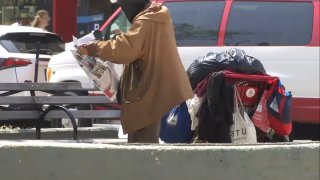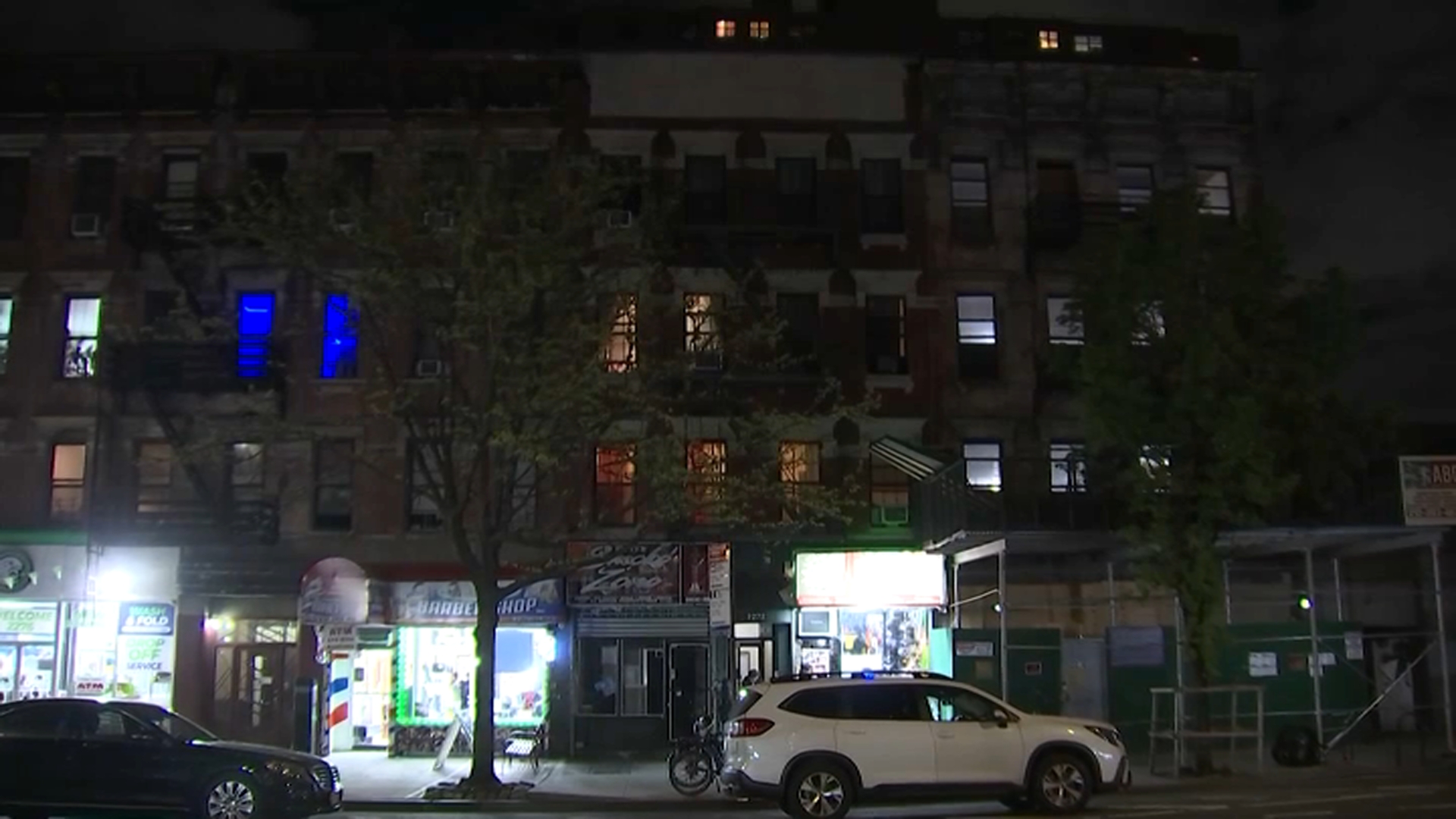
What to Know
- New Jersey’s largest city is taking the Big Apple to court to halt its controversial SOTA program that relocates homeless from NYC
- They're allegedly relocated to live in often-inhabitable conditions – including dilapidated, vermin-infested residences in Newark, suit says
- The SOTA program, enacted in 2017, relocates NYC homeless families across the country with a full year’s worth of rent paid up front
New Jersey’s largest city is taking the Big Apple to court to halt its controversial Special One-Time Assistance program that allegedly relocates homeless individuals from New York City to live in often inhabitable conditions – including dilapidated and vermin-infested residences in Newark.
The SOTA program, enacted in 2017, relocates New York City homeless families across the country with a full year’s worth of rent paid up front. In most cases, according to Newark’s complaint, the receiving city is unaware that SOTA recipients are being relocated from New York City.
The suit, which was filed Monday in federal court and names New York City Mayor Bill de Blasio and Department of Social Services Commissioner Steven Banks, alleges New York City is violating interstate commerce rules by coercing families to sign leases for uninhabitable and at times illegal apartments, ignoring their complaints and issues as well as not letting local officials know where the program is operating.
According to court documents, Newark believes that more than 1,000 families were placed in the city. Although Newark claims it has identified several SOTA recipients who were unlawfully coerced to move to Newark, the complaint says that New York City refuses to disclose the identities of all of the SOTA recipients placed in Newark.
Allegedly, the reason why Newark was made aware of the “coerced migration” scheme was because SOTA recipients have complained directly to Newark.
In one instance, a woman who was relocated to Newark described being pressured to leave a New York homeless shelter after she was told she “had overstayed her time there,” was given only 10 minutes to inspect an apartment and signed the lease online, court documents show.
Local
According to the complaint, during her stay in the property she experienced a number of issues including the collapse of the bathroom ceiling, no heat, a non-working toilet that the landlord told her it was her problem to fix. She also allegedly experienced an infestation of roaches and rodents as well as broken pipes that led to flooding. Her landlord allegedly never addressed the issues when she complained. It was when she allegedly reported the conditions to Newark officials that they inspected the premises and the building was condemned.
In another example provided in the complaint, a mother of three in a shelter said she wanted to stay in New York City but was told the vouchers weren’t sufficient to cover rent. She was then allegedly taken to tour New Jersey homes -- her first time in the sate. She also felt pressured to choose one of the apartments, according to the complaint.
After moving in, the mother alleges she experienced a number of power and heat-related problems including that the lights stopped working. Even though she called DHS headquarters, according to the complaint, her calls were never answered.
When she went to the utility company servicing Newark she was told that her apartment was not listed and that no meter was running to her third-floor unit.
Additionally, Newark notes that the legal action is not a motion against homeless people.
“Newark does not blame the victims of the actions of the Defendants. Newark is a welcoming community that also recognizes the difficulties associated with homelessness. Newark is willing to work with all local and state officials, whether such officials are from new Jersey or New York, to seek intelligent, well-thought-out, pragmatic solutions to the problems facing indigent persons,” according to a Brief of Support document filed by Newark.
Newark claims that New York City’s SOTA program “coerces a vulnerable group into uninhabitable, and sometimes illegal, housing” potentially putting them in harms way.
Additionally, Newark claims that the “program also creates a perverse disincentive for local landlords” adding that “what matters to Defendants is that once the full-year rent check is cashed, the SOTA recipients are no longer their concern.”
Newark is seeking a temporary restraining order against the de Blasio administration to stop it from implementing the program in Newark. The complaint also asks for a list of all families relocated to Newark and amounts paid to landlords up front. Additionally, it is demanding a financial fund to help accommodate families who want to stay in Newark.
In a statement to News 4, Avery Cohen, deputy secretary for de Blasio's office said: “In the face of a regional housing crisis, the City of Newark has inexplicably taken a page from the Trump playbook, building a wall to single out and prevent families from seeking housing where they want to live. This is wrong, hypocritical, and amounts to nothing short of income-based discrimination. We will continue to fight to ensure that families have the right to seek stable and safe housing.”
On Monday, de Blasio appeared on the program "Inside City Hall" and also addressed the matter.
"These are human beings who we are trying to help not be on the street and not be in shelter and have some kind of better life," he said. "It is not just a New York City problem, it is not just a Newark problem, it is a regional problem, and an American problem, so we should be trying to work on this together."
De Blasio went on to say: "But the point here is that human need is human need. And we want to help people back on their feet, and that’s the whole origin of this program, is where is a place that someone can actually get a decent place to live? We will help them. We know the problem in New York City increasingly is even when people have vouchers there’s no place to use them."



